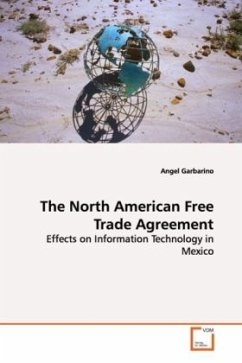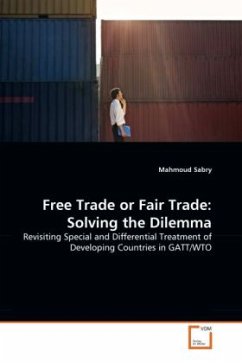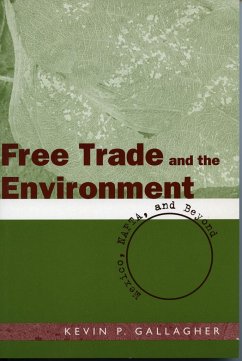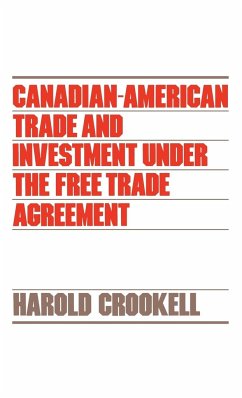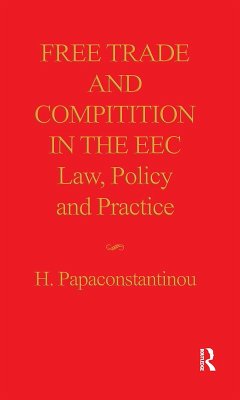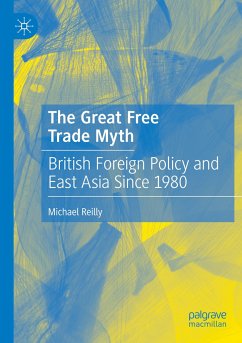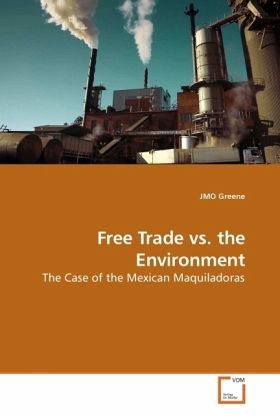
Free Trade vs. the Environment
The Case of the Mexican Maquiladoras
Versandkostenfrei!
Versandfertig in 6-10 Tagen
32,99 €
inkl. MwSt.

PAYBACK Punkte
16 °P sammeln!
Those in favour of global free trade say it will lead to cheaper goods, better mobility for workers and more efficient markets, among other things. Opponents say it will lead to lower wages, lower health and safety standards, and environmental degradation. The Mexican maquiladoras are predominantly foreign-owned firms that produce mainly for export to the United States. The maquiladora sector grew rapidly along the US border, and is often singled out as a prime example of how unregulated expansion in response to trade opportunities can create risks to workers and to public health. This paper u...
Those in favour of global free trade say it will lead to cheaper goods, better mobility for workers and more efficient markets, among other things. Opponents say it will lead to lower wages, lower health and safety standards, and environmental degradation. The Mexican maquiladoras are predominantly foreign-owned firms that produce mainly for export to the United States. The maquiladora sector grew rapidly along the US border, and is often singled out as a prime example of how unregulated expansion in response to trade opportunities can create risks to workers and to public health. This paper uses the maquila sector as a case study to explore the potential environmental impacts of free trade. The sector s success is bound to make it a model for the South and Central American countries who are looking to join the Free Trade Area of the Americas (FTAA). As more countries look to adopt the maquila model, it is important to ask whether there may be some serious costs to this type of policy.



